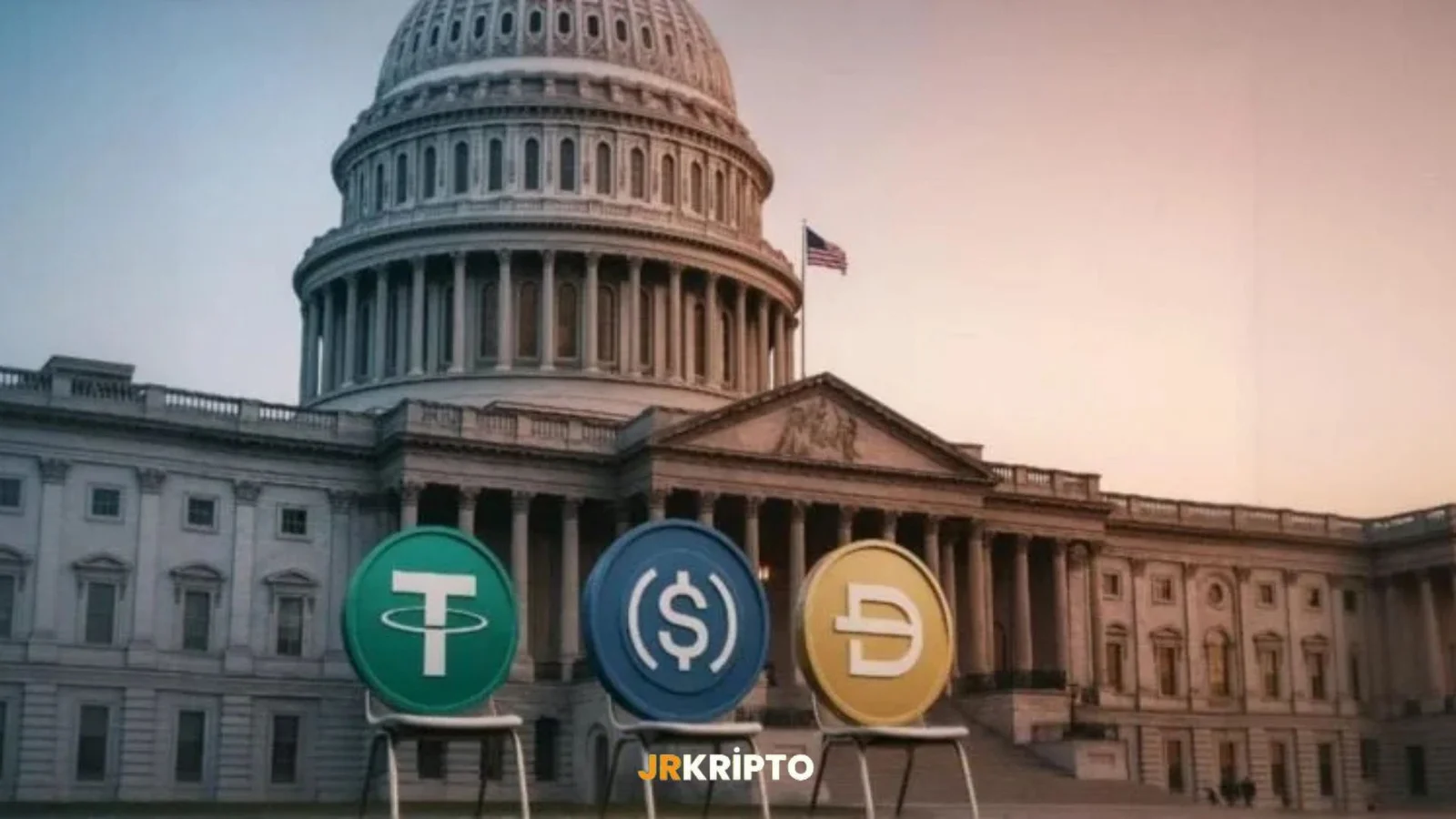A newly introduced bill in the United States has opened the door to a major transformation in the crypto world. Called the “Genius Stablecoin Act” (GENIUS Act), this bill particularly concerns stablecoin issuers like Tether (USDT). The law foresees that Tether, regardless of where it is headquartered, will now be subject to U.S. laws. This is a critical development not just for Tether but for the entire global stablecoin sector.
Tether to Be Subject to U.S. Regulations
The most notable clause in the new bill is the principle of “extraterritoriality,” which includes foreign companies within the jurisdiction of the United States. In other words, every stablecoin issuer that serves users in the U.S.—even if their headquarters are abroad—will now be required to comply with American regulations. Tether, which is based in El Salvador, will be directly affected by this regulation.
Tether CEO Paolo Ardoino stated that they view this initiative positively and aim to maintain a constructive collaboration with U.S. regulators. However, the company will now have to comply with stricter reporting and transparency rules.
What Does the GENIUS Act Bring?
According to the bill, stablecoin-issuing companies will face the following regulations:
- 1:1 Reserve Requirement: Every stablecoin must be fully backed by assets such as U.S. dollars or short-term Treasury bills.
- Licensing and Supervision: Projects over $10 billion will be federally licensed, while smaller ones will be licensed at the state level.
- AML/KYC Compliance: All issuers will be subject to anti-money laundering and know-your-customer rules.
- Regular Reporting: Monthly reserve reports and annual independent audits will be required.
Although it is not yet certain whether the GENIUS Act will become law, the framework it proposes signals the beginning of a period where stricter rules will dominate the stablecoin market. As the U.S. continues its efforts to expand influence in this area, a new adaptation process may begin for giants like Tether. During this process, both investors and industry players will have to be more prepared for regulatory uncertainties.




